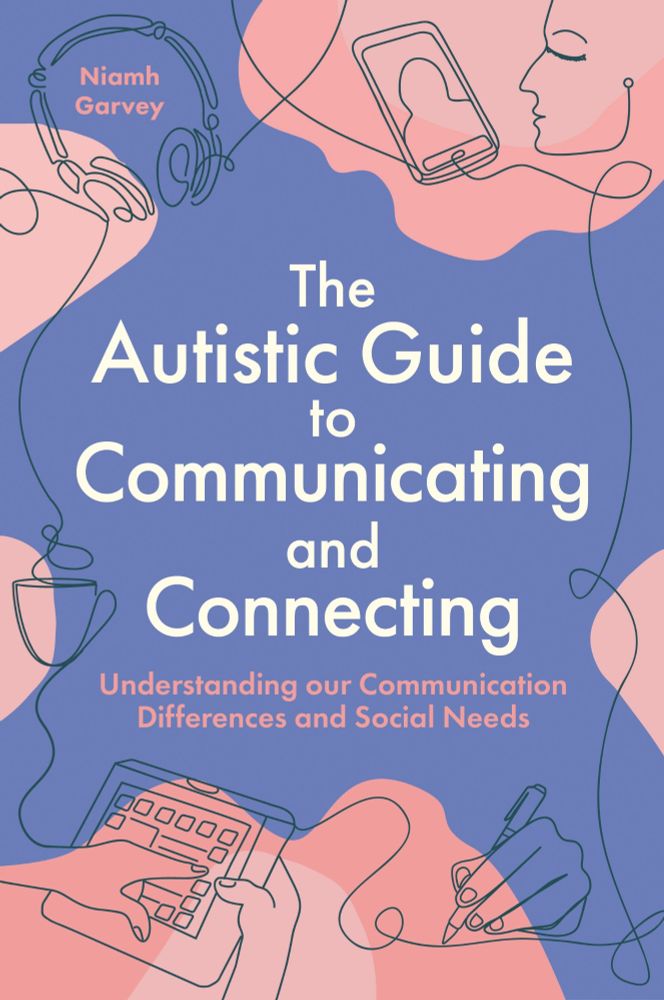Optimising general practice support for autistic adults: a realist review protocol - Systematic Reviews
Background Mental and physical health conditions are more common in autistic than non-autistic people, including anxiety, depression, suicidality, gastrointestinal problems, cancer, epilepsy, and heart disease. General practice is often the first point of contact for patients, yet research has found that autistic people face barriers to healthcare, report lower satisfaction with healthcare, and have more unmet health needs than non-autistic people. This can be due to misunderstandings about the needs of autistic people, different communication styles, the clinic environment, and challenges making and getting to appointments, compounded by slow dissemination of research findings. Our aim is to find out how, why, and to what extent general practice supports autistic adults with and without intellectual disabilities (ID) throughout their lives, in order to suggest improvements to practice. Methods We will conduct a realist review which is a theory-driven systematic review. Electronic databases will be searched including MEDLINE, PsycInfo, EMBASE, the Cochrane Database of Systematic Reviews, CINAHL, Scopus, ASSIA and grey literature sources (e.g. Google Scholar). To be included articles must concern general practice, autistic adults aged 18 and over, contain information relevant to a UK setting, and be written in English. Any study design or article type may be included and articles will be assessed for relevance and rigour. In line with realist synthesis methods we will identify relevant contexts, mechanisms and outcomes and develop a programme theory to explain how, why, and when general practice optimally supports (or not) autistic adults. We will also seek to identify resources that are available for and used by general practice to support autistic adults. We will involve stakeholders in each stage of the review including autistic individuals, family members, and healthcare professionals (including general practice staff). The review will be reported in line with the RAMESES publication standards. Discussion The findings will inform guidance for i) general practice about potentially helpful adaptations to service, and ii) autistic people to help them gain the support they need. This will help to improve access to and engagement with general practice care, and thus potentially improve the health and wellbeing of autistic individuals. Systematic review registration PROSPERO CRD42024545403.







